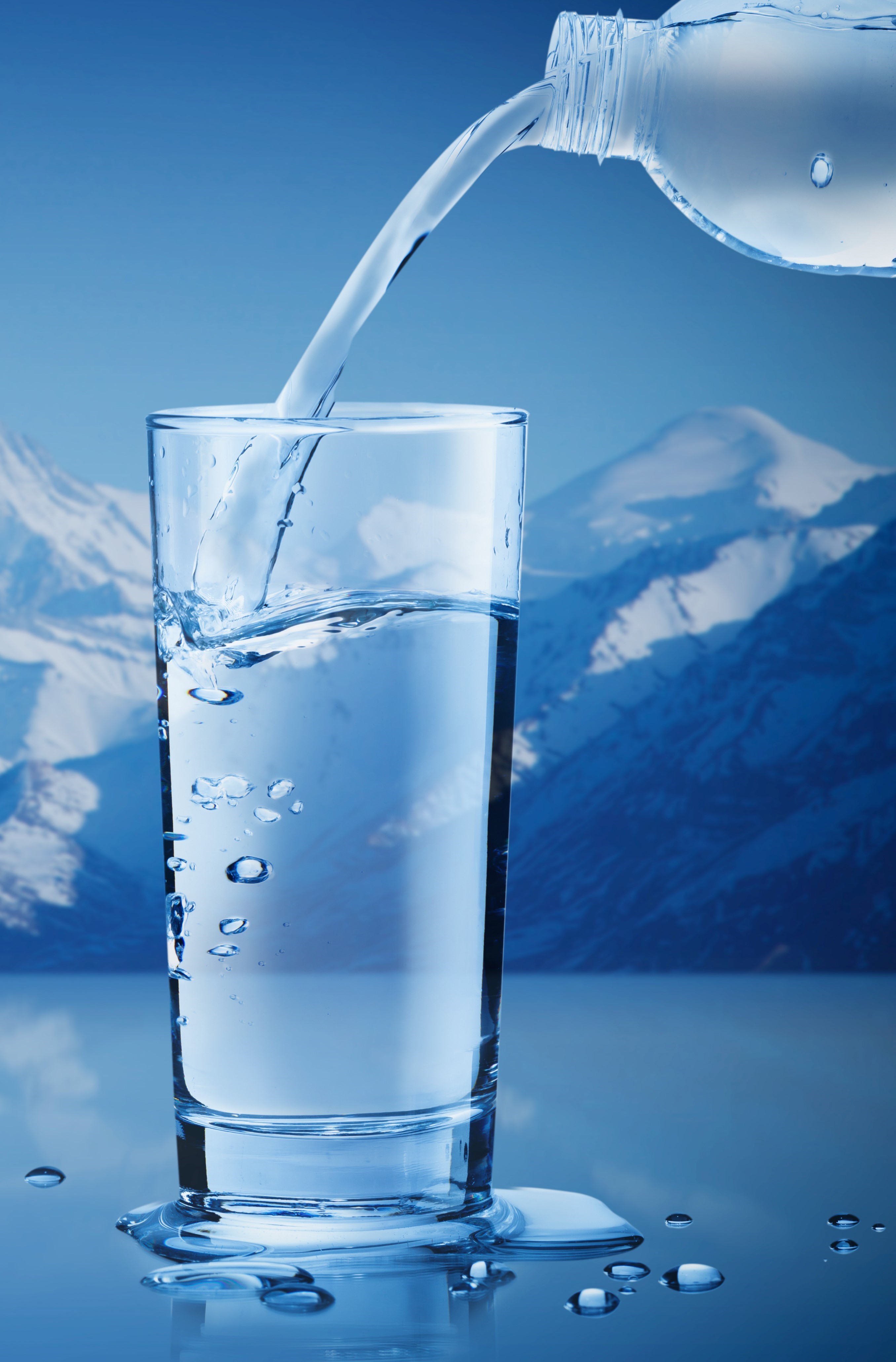H20, Hydrate!

It's getting hotter out there! We lose fluids through sweat, breathing, digestion and just by living. Hydration is important for regulating body temperature, waste removal, lubricating joints, delivering nutrients to cells and helps organs function properly. There was a catch phrase from an advertisement for a sports product that said "Hydrate or Die!", sounds a bit extreme but true. Dehydration can lead to an emergency room visit requiring IV fluid replacement, potential kidney failure or, worse death. To be less dramatic it could also mean loss of focus, headaches, balance issues, cramping, swelling and reduced exercise performance. Either way you don't want to become dehydrated.
Here are a few hydration pointers:
- What to Drink - Water is best as long it's clean, carry water or bring a water filter if you'll be away from a potable water source. However, there are many choices of sports drinks with electrolytes, vitamins, minerals, etc. The electrolyte drinks do come in handy when you've been exercising heavily and/or sweating profusely for a period of time. Depending on the activity or temperature, this can become more complicated for sports hydration, it may be necessary to adjust the type of fluids before, during and after the activity. Be cautious with electrolyte supplements that are high in sodium, if you're watching your sodium intake. A nutritionist can help you navigate the best electrolyte supplement for your needs.
- How Much to Drink - For most people 64 oz of water is enough for the day, unless you're in hot weather and/or being physically active. However, this can vary depending foods in the diet - if the foods are high in water content such as fruits and soups you may not need to drink as much. Sounds unusual but you can check the color of your urine, if it's a concentrated yellow color you probably need more fluids, be aware that some health conditions, medications or vitamins will also change the color of your urine. For older adults the thirst mechanism isn't as apparent and frequent, fluid intake is necessary to sustain proper hydration. Warning - it is possible to drink too much water but it does take a great deal of effort to do this.
- How Often - Drink fluids throughout the day. Timing can make a huge difference for high intensity, long duration activities. For long duration activities make sure you drink before, during and afterwards. Be aware that diuretic beverages can cause your body to produce more urine, which means you will need to replenish this fluid loss. Examples of diuretic beverages are caffeinated coffee and teas, and alcoholic beverages.
- Other Things to Consider - If you're going to increase your fluid intake, do it gradually to allow your body to adapt. In conclusion, it may sound simple to drink enough fluids but depending on your activity, duration of activity, profession, medications, health conditions or body size your hydration needs will vary. Consider a nutrition consultation for a plan to ideally meet your personal hydration needs.
FITNESS/NUTRITION in the NEWSSupplements that May Cause Liver Damage
Nearly 80 percent of adults take or have taken a supplement. Countless health promotions lead us to take these supplements from multivitamins, minerals to herbal supplements. An article in the Journal of the American Medical Association (JAMA) discussed potentially hepatotoxic (damaging to the liver) supplements. Those herbal supplements of most concern were turmeric or curcumin, green tea, Garcinia cambogia, black cohosh, red yeast rice and ashwagandha. Additionally, consider that over the counter medications such as ibuprofen and naproxen can also be hepatoxic. To be safe, talk to your health care provider before starting a supplement or have them evaluate your current medications and supplements, you may save your health and some dollars. To read the full JAMA article - follow this link.
Sheri is a Certified
Nutritionist
with a master's degree in nutrition, with over 15 years of clinical counseling
experience, an ACE-certified Personal
Trainer with advanced certifications in medical exercise, senior fitness and health coaching. All nutrition consultations include exercise guidance, dietary
analysis and meal plans to meet your individual lifestyle, calorie and nutritional needs.
Free introductory 15-minute appointments are also
available.
To schedule an appointment with Sheri Mar, email:
info@EatWellBeFit.com or call or text: 206.789.6440
Do you have a nutrition topic for the month?
Email your suggestions to info@eatwellbefit.com
|